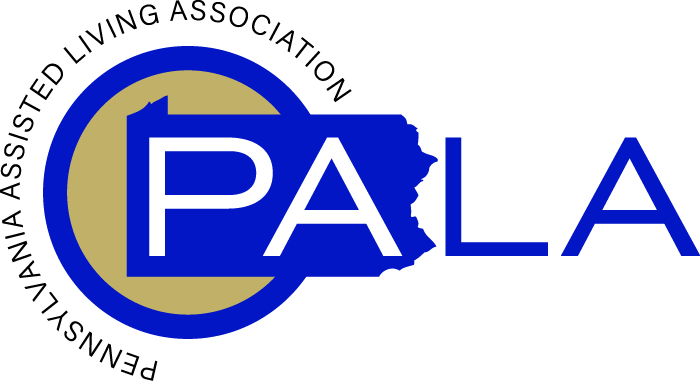sponsor content What's this?
Sponsored Content
Q&A with Susan Saxinger
A conversation with the Executive Director, Pennsylvania Assisted Living Association.

Susan Saxinger, Executive Director, Pennsylvania Assisted Living Association MIKE MIHALO PHOTOGRAPHY
Sponsored By:

This conversation has been edited and condensed for length and clarity.
What role do Personal Care Homes and Assisted Living Residences play in Pennsylvania’s long-term care landscape?
Personal Care Homes (PCH) and Assisted Living Residences (ALR) are vital parts of Pennsylvania’s long-term care system, offering supportive environments for seniors and individuals with disabilities who need help with activities of daily living but not the intensive medical care of nursing homes. PCH services may include assistance with bathing, dressing, medication, meals and other daily needs. ALRs, designed as home-like settings, provide personal care and health services in private living units. Both types of communities help Pennsylvanians age in place and maintain independence while easing demand on higher-level care settings and offering cost-effective long-term care solutions.
What are key opportunities for Pennsylvania to expand access and affordability for seniors needing Assisted Living Residences and Personal Care Homes?
Pennsylvania is one of only a few states that does not cover Assisted Living services through its Medicaid Home and Community-Based Services (HCBS) waiver, leaving this setting without direct funding support. Adding Assisted Living as a waiver option would make ALRs more affordable for low-income seniors and reduce placements in higher-cost care settings.
This is a growing concern since nearly 20% of Pennsylvanians are over age 65 — above the national average — with the senior population projected to rise significantly. Action is needed to ensure older adults have affordable, dignified care options that allow them to age in place.
Additionally, increasing Pennsylvania’s SSI Personal Care Boarding Home supplement would directly improve affordability for low-income seniors residing in PCHs, preserving access to vital community-based care.
What regulatory or legislative barriers are making it difficult for Personal Care and Assisted Living communities to address staffing shortages and workforce challenges?
Pennsylvania’s formal education requirements present a significant barrier. A high school diploma is required for direct care positions, excluding compassionate individuals with meaningful caregiving experience from being hired. These roles often depend more on empathy, reliability, and interpersonal skills than academic credentials.
For administrators, mandates like an associate’s degree or specific licensure can prevent experienced, skilled staff from advancing into leadership roles, despite years of valuable on-the-job experience.
These rigid requirements reduce the pool of qualified candidates and make it harder for providers to address workforce shortages. Easing these barriers would align with Governor Shapiro’s leadership in removing unnecessary employment obstacles and help providers recruit, retain, and promote dedicated caregivers while maintaining high standards of care.
NEXT STORY: Q&A with Claire Greenwood
